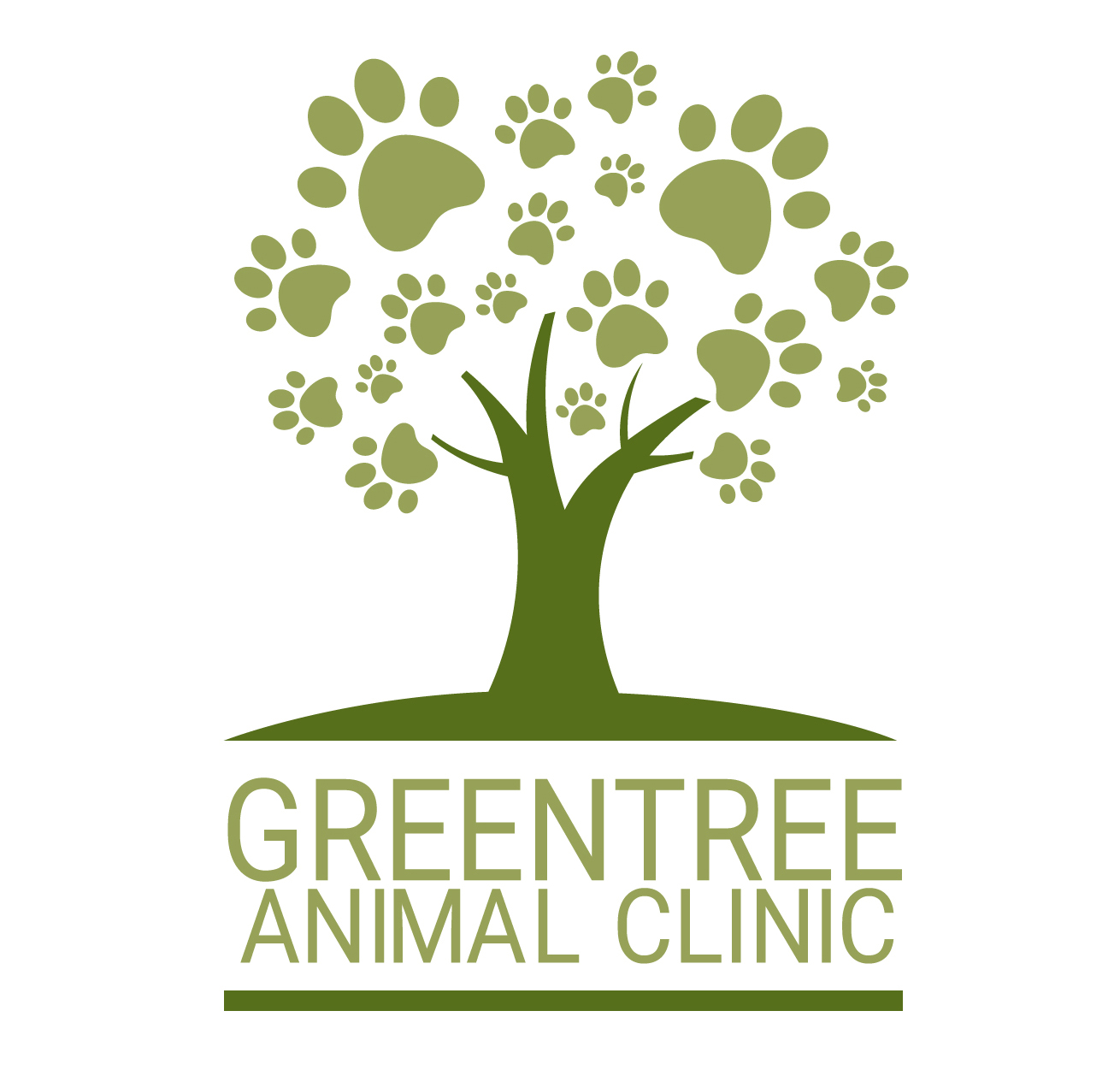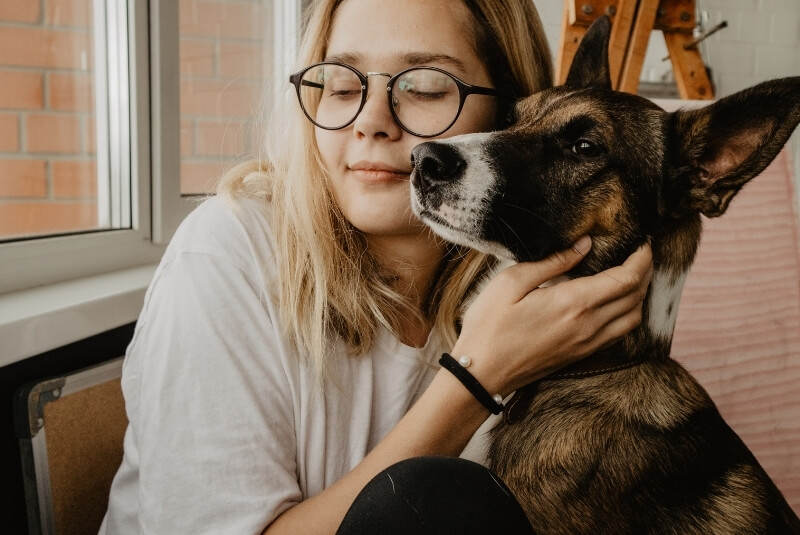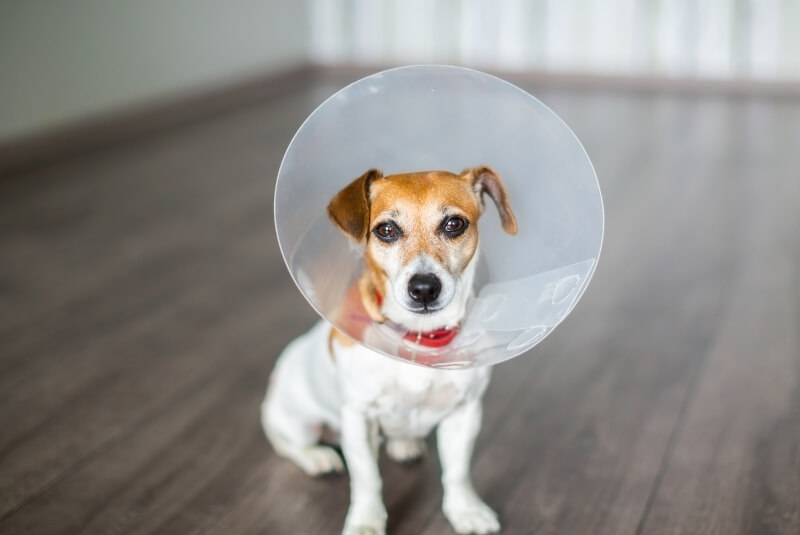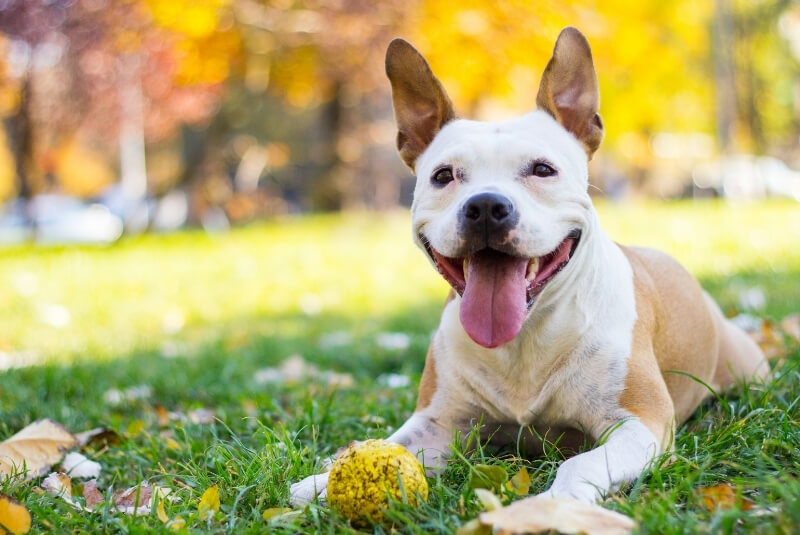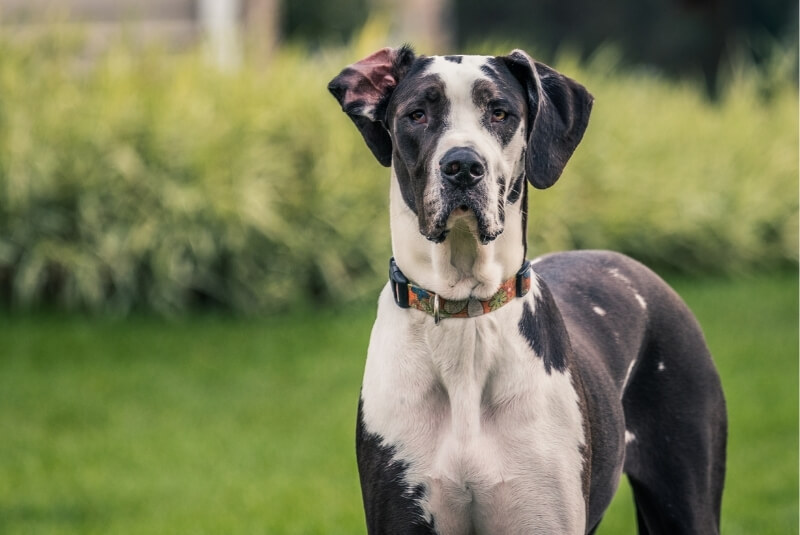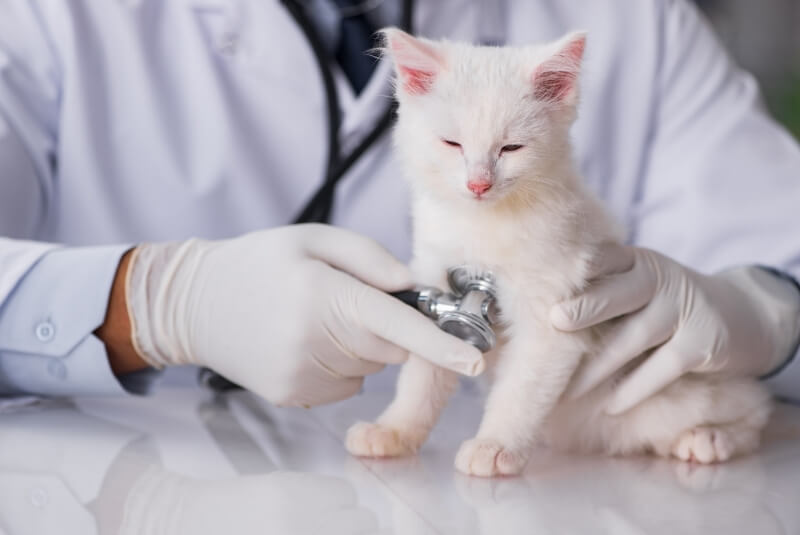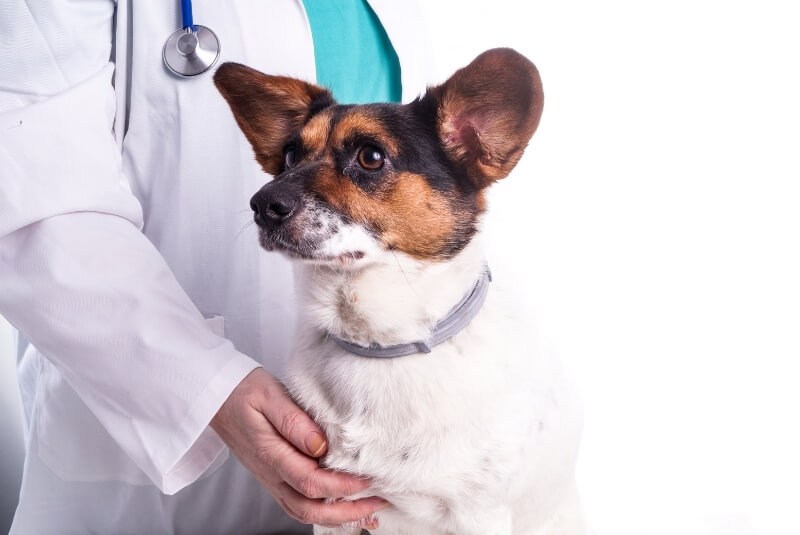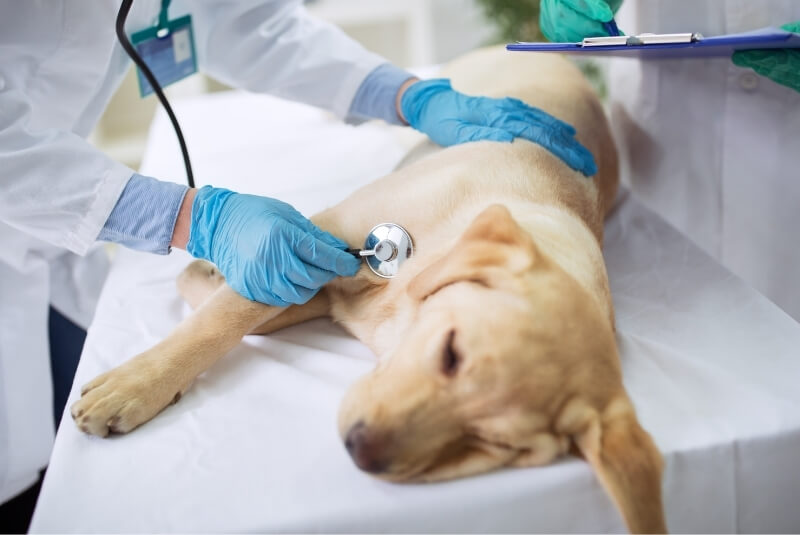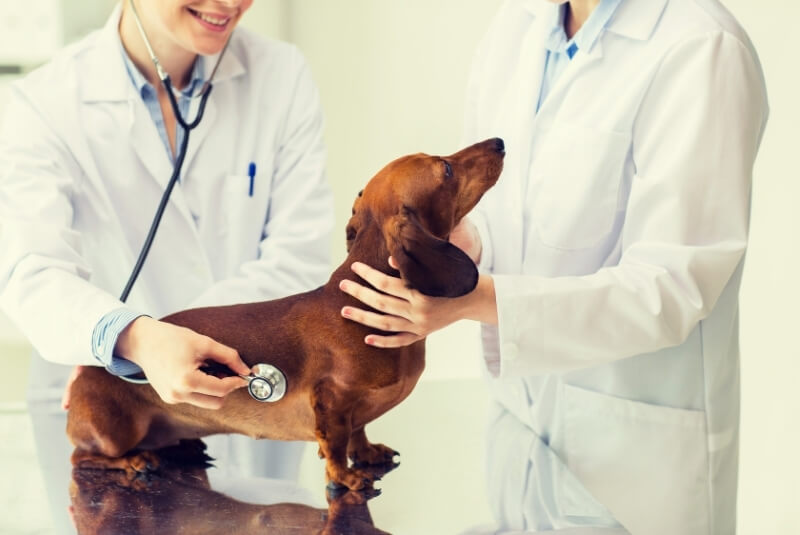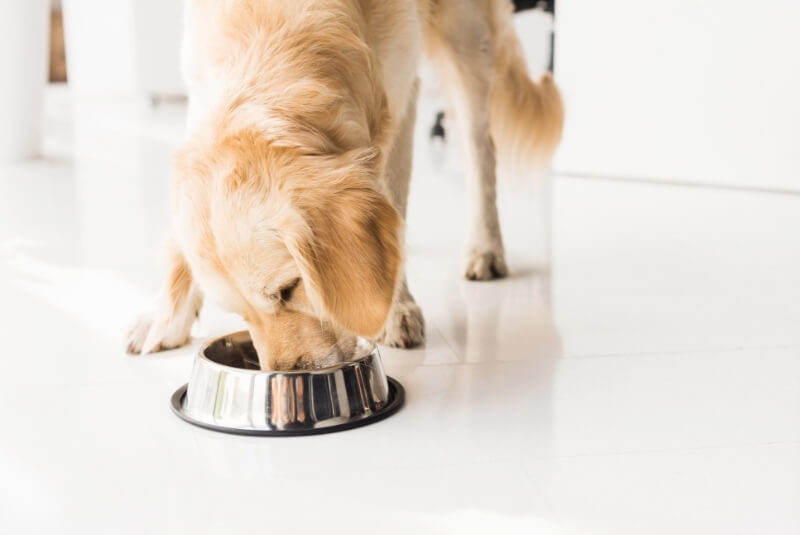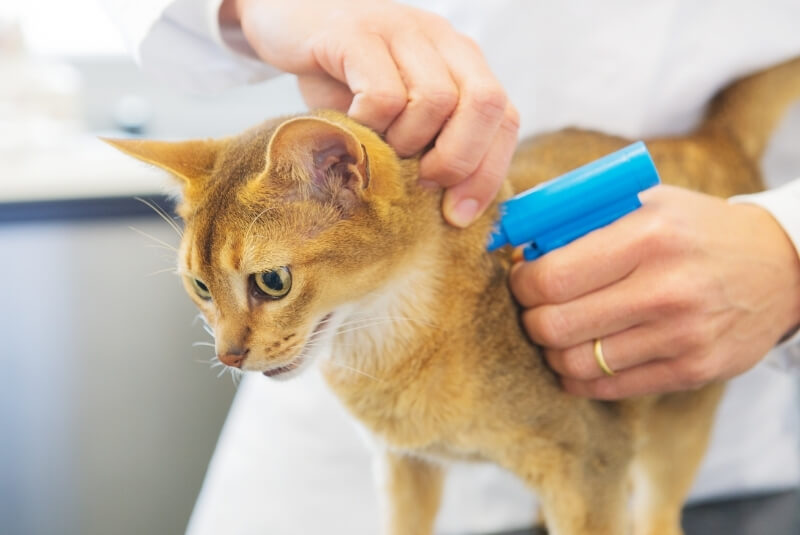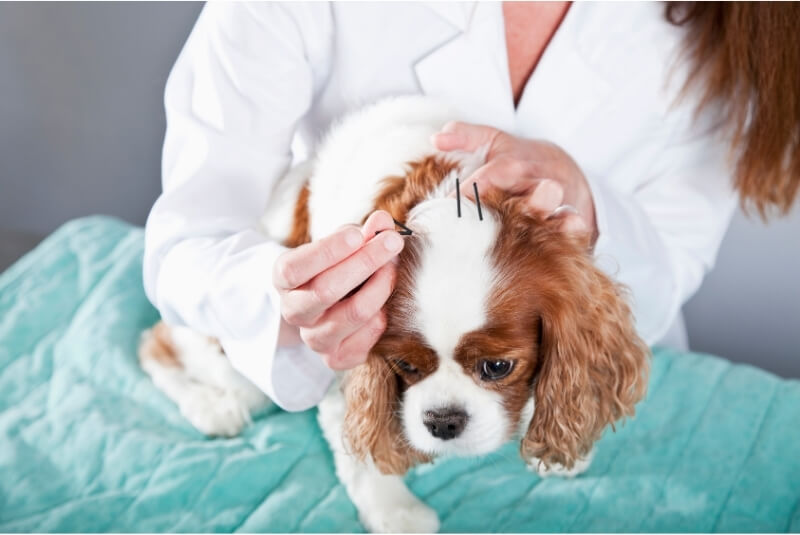Services
Greentree Animal Clinic offers a wide range of services. To learn more about what we offer, read below.
Wellness & Vaccination Programs
Wellness & Vaccination
At Greentree Animal Clinic, we believe annual wellness care is imperative to keeping your pet happy and healthy! Your pet’s health is important and preventive care is necessary. We recommend wellness exams, keeping your pets on a vaccination schedule, and working with us on all facets of wellness care.
We offer programs for puppy/kitten wellness and adult/senior pet wellness.
To learn more about the programs, click here.
Surgical Services
Surgery
At Greentree Animal Clinic, we primarily focus on three types of surgeries: spay, neuter, and soft tissue surgeries. If we cannot perform a particular surgery, we will find the right specialist to help with the operation. We occasionally refer cases to specialists (board-certified veterinary surgeons) to perform complex operations when advanced equipment or training is beneficial.
To learn more about the surgeries we offer, click here.
Preventive Services
Flea Prevention & Control
Fleas can cause problems for pets ranging from minor to life-threatening. Not only can these parasites cause severe itching, irritation, and allergies, but they can also transmit tapeworms and diseases. Fleas can infest dogs, cats, mice, and rats. Fleas don’t just stay on pets; they can bite people, too. For more information, contact us or see the flea article in the Pet Health Library on our site.
You don’t want these blood-sucking parasites on your pet or in your home. We can help keep them away or help you get rid of them if they’ve already found their way inside. Call us to find out how to eliminate and control fleas or to start your pet on a preventive today.
Heartworm Prevention
When they bite, mosquitoes can transmit heartworm infections. Those heartworms can wreak havoc on your dog or cat. These parasites can severely and sometimes fatally damage the heart, lungs, and blood vessels. Some pets may not show any signs of infection; in those that do, symptoms can vary widely.
Read More
In dogs, signs of heartworm disease can range from coughing, fatigue, and weight loss to difficulty breathing and a swollen abdomen (caused by fluid accumulation from heart failure). Canine heartworm infection can also lead to a life-threatening complication called “caval syndrome” (a form of liver failure); without prompt surgical intervention, this condition usually causes death.
Although often thought not to be susceptible to heartworm infection, cats can indeed get heartworms. Cats can suffer from a syndrome referred to as heartworm-associated respiratory disease (HARD); the symptoms can be subtle and may mimic those of asthma or allergic bronchitis. Signs of respiratory distress, such as rapid or difficult breathing, wheezing, and panting, are common. Other symptoms include coughing, vomiting (typically unrelated to eating), and loss of appetite or weight. Heartworm infection is more difficult to diagnose in cats than it is in dogs.
Treatment for heartworm infection is far more expensive than prevention—and it can actually kill your dog. There is no approved treatment for cats. Some cats spontaneously rid themselves of the infection; others might not survive it. Even one or two adult heartworms in a cat can cause serious problems.
Fortunately, there’s an easy way to keep your dog or cat safe: by administering monthly heartworm preventives. Most heartworm medications also protect your pet against other parasites, such as roundworms, hookworms, whipworms, ear mites, fleas, and ticks. We can recommend the best regimen of prevention for your pet.
Tick Prevention
Ticks are becoming more and more prevalent in North America, and they’re now being found in areas where people and pets didn’t previously encounter ticks. These parasites aren’t just a nuisance; they can cause serious—and sometimes deadly—diseases, including Lyme disease, Rocky Mountain spotted fever, babesiosis, ehrlichiosis, and tick paralysis. Contact us immediately if your pet starts coughing or has joint pain, trouble breathing, fever, weakness, or loss of appetite, weight, energy, or coordination.
Read More
The best method for keeping ticks off your pet is by keeping your dog or cat on a tick preventive. Even indoor-only pets are at risk because ticks can hitch a ride inside on your clothing or shoes. Tick preventives are safe and highly effective at controlling ticks and the diseases they carry. Call us to get your pet protected today!
Don’t panic if you find a tick on your dog or cat, even if your pet is on a preventive. Some preventives kill ticks after they’ve come in contact with your pet. Ticks can hide easily under your pet’s fur, so as an added measure of protection, we recommend checking your pet for ticks every time your pet comes in from outside. Please don’t hesitate to ask us any questions you might have.
Nutritional Counseling
Giant Breeds
Giant breeds such as Great Danes, Irish wolfhounds, and giant schnauzers have unique dietary requirements. Very few commercial puppy foods offer the ideal mix of calcium, energy, and protein levels that these breeds need. We can provide you with feeding recommendations that will encourage your dog’s maximum growth potential without causing developmental problems.
Please don’t hesitate to contact us if you have any concerns regarding your dog’s nutrition or if you would simply like to discuss this topic with us.
Puppies/Kittens
It’s easy to get confused or overwhelmed by all the pet foods on the market. We can help you weed through the choices and find a puppy or kitten food that will meet your growing pet’s specific nutritional needs.
Feel free to ask us for a food recommendation or to contact us with any nutrition questions or concerns you might have. We’re happy to help!
Medical Services
Medical Services
We also have in-house lab machines for quick results – CBC, Chem, thyroid, cortisol. Medical services we offer include are Dentistry, Radiology (X-Rays), Flea Control, Dermatology (Skin), Cardiology (Heart), Tonometry, Endocrinology (Hormones), and Medical Assessments.
To learn more about our medical services, click here.
Pocket Pet Medicine and Surgery
Medical Services
To learn more about our exotic animal services, click here.
Anesthesia & Patient Monitoring
Patient Monitoring
We monitor our patients closely to keep them as safe as possible during procedures that require general anesthesia. A veterinary technician will continually assess your pet’s heart and respiratory rate, blood pressure, and other vital signs to help prevent any anesthetic risk.
Please feel free to ask us about our patient monitoring protocol or any concerns you might have about your pet’s procedure. We’d be happy to discuss these matters in more detail.
Anesthesia
General Anesthesia
For some procedures, your pet will need to be administered general anesthesia so that he or she will be unconscious and not feel pain. Many pet owners worry about their pets being administered general anesthesia. We can assure you that modern anesthesia is generally quite safe; to further lower any risk, we perform a physical examination and run blood work ahead of time to catch any underlying health issues. In addition, we follow a specific anesthetic protocol, including monitoring vital signs during the procedure, to ensure the safety of our patients.
We begin most general anesthetic procedures by administering a sedative to help the pet relax and decrease any anxiety and pain. We then administer an intravenous drug to provide complete anesthesia and place a breathing tube into the patient’s trachea (windpipe). To maintain the state of unconsciousness, we deliver a gas anesthetic in combination with oxygen through the breathing tube.
Please contact us if you have any questions or concerns about your pet receiving general anesthesia or about the procedure for which your pet is scheduled.
Local Anesthesia
If your pet is having a minor surgical or diagnostic procedure performed, we sometimes use a local anesthetic to help control pain. For example, when we perform a biopsy (in which a small portion of tissue is surgically removed so it can be examined), we often use a local anesthetic. Local anesthetics cause a loss of sensation in the area where the procedure is being performed. We sometimes use a sedative and/or anxiolytic (anti-anxiety medication) in combination with the local anesthetic to keep pets calm during a procedure.
Please contact us if you have any questions or concerns about your pet receiving local anesthesia or about the procedure for which your pet is scheduled.
Additional Services
Veterinary Specialist Referrals
Our experienced team of veterinarians and veterinary technicians provides many services at our clinic, ranging from routine to advanced procedures. Although we handle the majority of your pet’s medical and surgical needs in-house, we occasionally refer patients to veterinary specialists or specialty clinics when advanced training or equipment is beneficial.
Read More
Board-certified specialists, such as oncologists, ophthalmologists, and neurologists, have extensive experience and training in a particular area of veterinary medicine or surgery. Specialty clinics and university-affiliated referral centers have specialized equipment to perform procedures that general veterinary practitioners do not routinely perform.
We make referral decisions because we want to ensure that our patients receive the highest standard of care and best possible outcome. Be assured that when we refer a patient to another hospital, we continue to stay involved with his or her care, consulting with the treating specialist and often providing any needed follow-up care and rehabilitation.
Behavioral Counseling
If you’re concerned about or bothered by an aspect of your pet’s behavior, we can help. Our veterinary team can work with you and your pet to stop or change the behavior. Many aggressive, fearful, or inappropriate behaviors in dogs and cats can be modified through a combination of desensitization and counterconditioning. These techniques can have dramatic results when applied properly. In some cases, medication can also help. Contact us for an appointment if you’d like to consult with our vets.
Microchip Pet Identification
Imagine if your dog or cat got lost. You’d want to give him or her the best chance of getting home. With microchipping, you can.
Microchipping is a safe, permanent way to identify your pet in case he or she becomes lost. A microchip, which is a tiny device about the size and shape of a grain of rice, is placed just under the loose skin at the back of the neck. When a lost dog or cat without a tag is found, a veterinarian or veterinary technician will use a handheld microchip scanner to check for a chip. If the pet has one, it will transmit its ID number to the scanner via a low-frequency radio wave. The veterinary hospital or shelter then calls the chip manufacturer, retrieves the pet owner’s contact information, and calls the owner.
Read More
Even the most responsible pet owners can’t always guarantee their pet won’t get lost. A leash could break or slip out of your hand, a pet could push through a screen door or window, or a contractor or friend might accidentally leave a door or gate open.
We recommend that you use a microchip, along with a collar and ID tag, to identify your pet. An ID tag is still a reliable identification method. Pets that have tags with current contact information are more likely to not end up in shelters and tend to get home faster than those without tags. However, collars and ID tags aren’t permanent and can be removed (overnight or for grooming); pets can also lose them. With a microchip, your pet will have a much better chance of being identified and returned to you. Pets without microchips that end up in shelters may be adopted out to another family or even euthanized.
Please contact us to schedule an appointment to microchip your pet. Although we hope your pet never becomes lost, we want you to be prepared. We can also suggest a plan to have in place so if your pet does go missing, you’ll be able to act quickly.
Acupuncture
Acupuncture can be used to help improve or cure problems your pet might have, including those related to the musculoskeletal or neurological systems. Acupuncture can also be used to manage pain and hasten recovery after surgery.
Read More
Acupuncture, which originated in China, has been used as a therapeutic treatment option for thousands of years. According to traditional Chinese medicine, the body is composed of several pathways called “meridians,” along which energy flows. When disease is present, energy is interrupted, or unbalanced. Stimulating acupuncture points along the meridians can restore energy flow, resulting in improved or cured health problems.
Because the needles used in acupuncture are extremely thin, they cause minimal or no pain and are generally well tolerated by pets. However, incorrect placement of the needle or inadequate sterilization can result in pain or complications, which is why you should only have a qualified practitioner perform acupuncture on your pet.
To determine if your pet’s condition(s) may be responsive to this treatment modality, please set up an exam with one of our qualified veterinarians.
